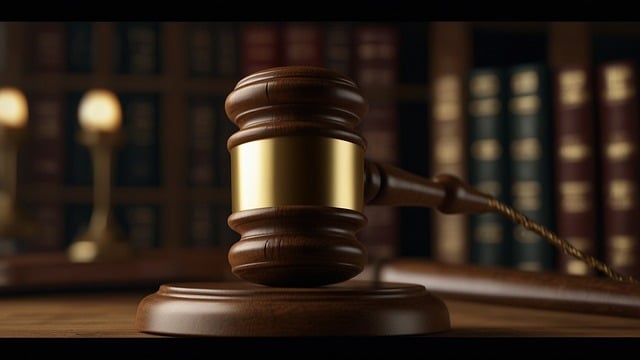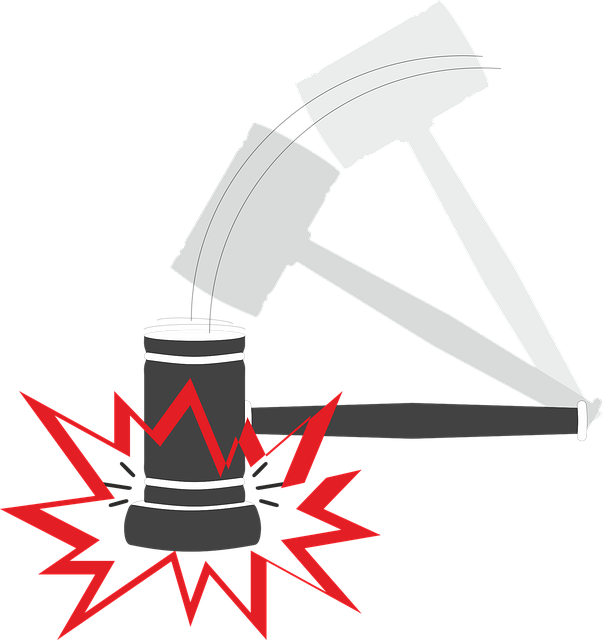Whistleblower Protection Lawsuits, arising from exposure of illegal or unethical activities in healthcare organizations, leverage the intricate Understanding Healthcare Regulatory Litigation Process to protect whistleblowers and ensure sector integrity. This process involves strategic documentation, investigations, and litigation, aiming for retribution, deterrence, and ethical standards upholding within the industry. Key steps include misconduct disclosure, regulatory investigation, and potential enforcement actions, all while protecting individuals from retaliation. Successful lawsuits can dismiss charges against whistleblowers, demonstrating the legal system's commitment to transparency and accountability in healthcare.
“Uncovering truths hidden in plain sight, whistleblower protection lawsuits play a pivotal role in holding organizations accountable. This insightful article delves into the intricate world of healthcare regulatory litigation, exploring the rights and responsibilities within this legal framework.
From understanding the definition and purpose of these lawsuits to navigating their complex process, we guide readers through crucial aspects like key protections, eligible whistleblowers, and the steps involved. Unraveling the Healthcare Regulatory Litigation Process offers a comprehensive look at potential risks, rewards, and strategies for successful representation, shedding light on the profound impact on industry standards and patient safety.”
- What Are Whistleblower Protection Lawsuits?
- – Definition and purpose
- – Key aspects of whistleblower protection
What Are Whistleblower Protection Lawsuits?

Whistleblower Protection Lawsuits are a specific type of legal action that arises when an individual, often within a company or organization, exposes illegal, unethical, or fraudulent activities. These suits are designed to protect whistleblowers who might otherwise face retaliation for their disclosures, which can include termination, harassment, or other forms of punishment. Understanding Healthcare Regulatory Litigation Process is crucial here, as many whistleblower cases involve industries subject to stringent regulations, such as healthcare.
When a whistleblower takes on a respective business or organization that engages in misconduct, they often initiate a process that has an unprecedented track record of achieving justice and compensation for victims. This legal journey involves meticulous documentation, thorough investigations, and strategic litigation. It’s not just about seeking retribution; it’s about ensuring accountability, deterring future violations, and upholding the integrity of critical sectors like healthcare.
– Definition and purpose

Whistleblower Protection Lawsuits play a pivotal role in holding individuals and entities accountable within the healthcare industry. These legal actions are designed to safeguard public interest by enabling employees or stakeholders to expose unethical practices, fraud, or violations of regulatory standards. By doing so, they contribute to a more transparent and responsible healthcare landscape. Understanding the Healthcare Regulatory Litigation Process involves grasping how these lawsuits navigate complex legal frameworks, often pitting whistleblowers against powerful interests.
The purpose of such lawsuits extends beyond punishment; they serve as deterrents, encouraging compliance with regulations and ethical conduct. In navigating these cases, effective strategies and a deep understanding of the law are crucial for achieving winning challenging defense verdicts. Moreover, the involvement of philanthropic and political communities in supporting whistleblower initiatives further underscores the significance of this mechanism in ensuring accountability across respective businesses within the healthcare sector.
– Key aspects of whistleblower protection

Understanding Healthcare Regulatory Litigation Process is crucial when navigating whistleblower protection lawsuits. These cases often involve complex legal landscapes, focusing on protections for individuals who expose illegal activities within healthcare organizations. Key aspects include a robust legal framework designed to encourage whistleblowers while ensuring due process. The process typically begins with a disclosure of alleged misconduct, followed by an investigation and potential enforcement actions by regulatory bodies.
Whistleblower protection laws aim to safeguard individuals from retaliation, offering a safe channel for reporting white-collar and economic crimes within healthcare settings. A successful lawsuit can lead to a complete dismissal of all charges against the whistleblower, highlighting the legal system’s commitment to achieving extraordinary results in these cases. This process not only protects whistleblowers but also strengthens the integrity of the healthcare industry as a whole.
Whistleblower Protection Lawsuits play a vital role in upholding integrity within healthcare regulatory processes. By understanding these lawsuits, individuals can navigate the complex landscape of reporting misconduct and seeking justice. Through key aspects like confidential disclosure, protection from retaliation, and legal remedies, these laws foster an environment where whistleblowers are encouraged to come forward without fear. This ultimately contributes to a stronger, more transparent healthcare system, ensuring patient safety and accountability among industry leaders. Embracing the understanding of healthcare regulatory litigation processes is essential for fostering this crucial dynamic.






